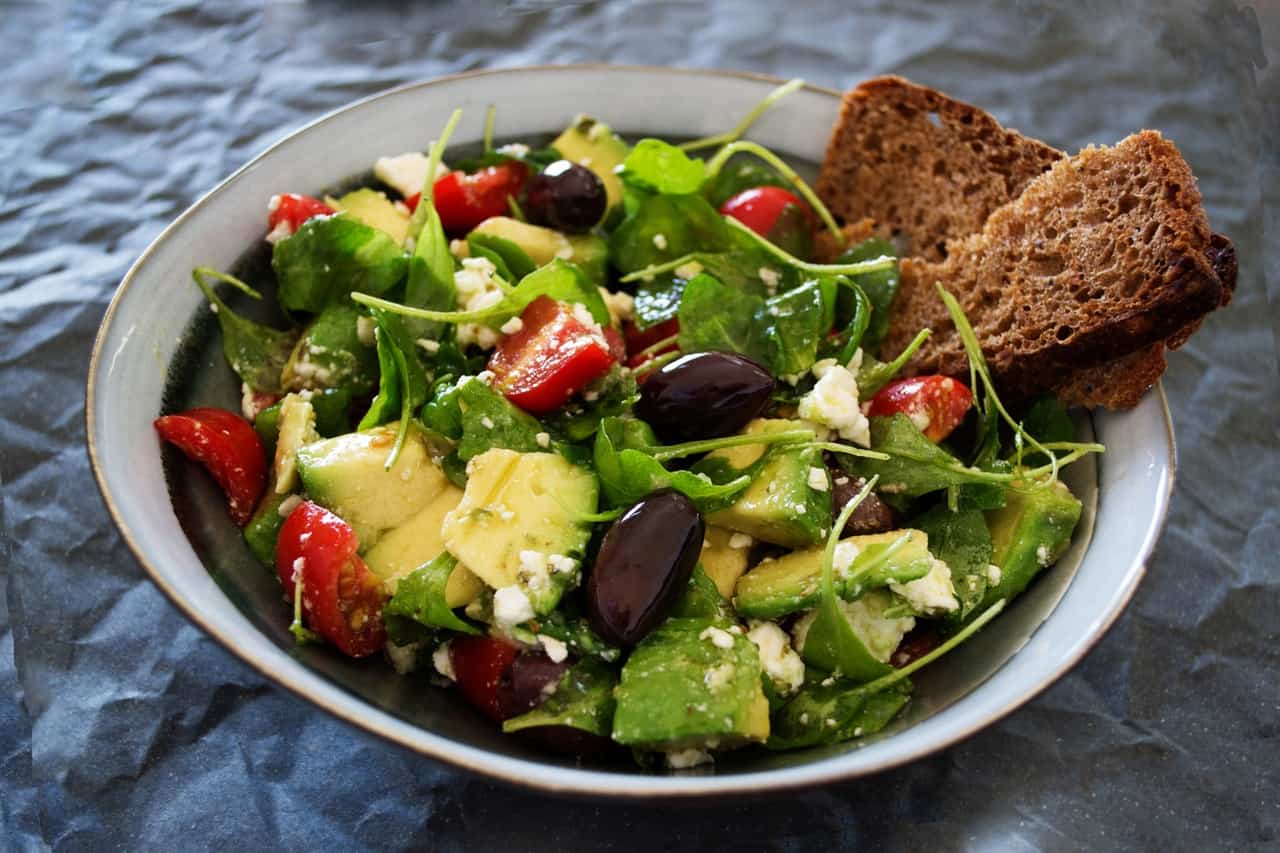First, it is important to understand that bloating, gas, and most other gastrointestinal symptoms are both common and natural. A common problem that many people face is the excess production of gas, which can manifest into uncomfortable physical sensations, interrupt daily life, and cause embarrassment.
What is gas?
Gas is simply air trapped within the digestive tract. Our body releases gas through the mouth or rectum. Excess gas in the stomach and small intestines is called flatulence, which may also cause bloating. Bloating is characterized as a strong feeling of fullness or swelling in the abdomen, and most often occurs during or shortly after eating.
As the name implies, this gas leaves the body by passing through the anus. The National Institutes of Health (NIH) estimates that the average person passes gas between 13 to 21 times a day.
Chronic discomfort and abdominal pain surfaces when there’s a problem with gas passing through the intestines. Swallowing too much air while eating and drinking can exacerbate these symptoms, which may happen if you:
- Chew gum often
- Drink sugary and carbonated beverages
- Drink or eat too fast
- Smoke
- Suck on hard candy
Foods to Avoid
In keeping with the view that “Prevention is the best medicine,” let’s first detail foods, drinks, and other consumables known to cause excess gas. For ease of reference, these are categorized into foods, beverages, and other products.
| Foods | (Fruits) | (Dairy) |
| Asparagus | Apples | Cheeses |
| Artichokes | Peaches | Ice cream |
| Black beans | Pears | Yogurt |
| Broccoli | ||
| Brussels sprouts | (Whole grains) | |
| Cabbage | Bran | |
| Cauliflower | Whole Wheat | |
| Kidney beans | ||
| Mushrooms | ||
| Navy beans | ||
| Onions | ||
| Pinto Beans | ||
| Beverages | ||
| Apple juice | Carbonated drinks | Drinks with high fructose corn syrup |
| Fruit drinks | Fruit juices | Milk |
| Other | (Artificial Sugars) | |
| Candy | Mannitol | |
| Gum | Sorbitol | |
| Xylitol |
The 24-hour Meal Plan to Flush Gas and Bloating
Now for the moment you’ve all been waiting for (hopefully), here is the 24-hour meal plan to help flush gas and bloating!
Breakfast:
- 1/2 to 1 cup of whole oatmeal
- 1 cup of fresh blueberries and/or strawberries
- 1 tablespoon (tbsp) of natural peanut butter
Why: Whole oats are very nutritious and filling and, unlike boxed cereal, contain no added sugar. Berries provide additional fiber and water volume, which helps ease digestion. A tablespoon of natural peanut butter, with its quality protein, will help to keep you full until your morning snack.
Morning snack:
Option 1:
- 1 tangerine or clementine
- 1/3 to ½ cup of unsalted nuts
Option 2:
- 2-3 celery sticks
- 1 tbsp. of nut butter
Both morning snack options offer a nice mix of protein, healthy fats, and fiber. The extra water content in the clementine, tangerine, and celery sticks will increase satiety (without the bloating effect).
Lunch:
- 1 cup of romaine lettuce
- ½ cup of artichoke hearts
- 4 ounces of canned tuna in olive oil
- ½ tablespoon of vinegar (optional)
Clinical studies have found artichokes to be effective in improving digestion. They are also known to help lower bad cholesterol count. Tuna and olive oil add a nice dose of omega-3 fatty acids, which may help prevent and reduce intestinal inflammation. Vinegar is another excellent ingredient for easing the bloating. The bed of water-rich and mineral-dense romaine lettuce further eases digestion.
For a vegetarian version, add some fresh tofu in place of tuna.
Afternoon Snack:
Option 1:
- ½ cup of kefir
- ½ banana
- ¼ of an avocado
Blend all ingredients.
This is a good gut health smoothie. Kefir is packed with antibiotics, “good” bacteria that encourage gut health and normal digestion. Bananas are rich in water volume, high in electrolytes, and packed with fiber to aid digestion. Finally, the avocado adds a good dose of healthy fatty acids and fiber.
Option 2:
- 6 ounces of Greek yogurt
- ½ cup of fresh berries
A quicker, easier gut-healthy snack.
Dinner:
- 6 cups of vegetable stock
- 1 pound of diced carrots
- 1 cup of chopped onion
- clove of garlic, minced
- 1 tbsp of minced ginger
- 1 tbsp of canola oil
- 3 medium beets (pureed)
Bring the canola oil to a simmer and sauté the chopped onion until golden. Add ginger and garlic. Add the remaining ingredients and simmer until the carrots are tender.
If you’re dealing with some nasty bloating, the last thing you want is a heavy meal before bedtime. This simple vegetable soup is all you need. If you want a bit more substance, puree three medium beets (or puree the entire batch using a food processor).
https://youtu.be/dDn84WupgBA


















